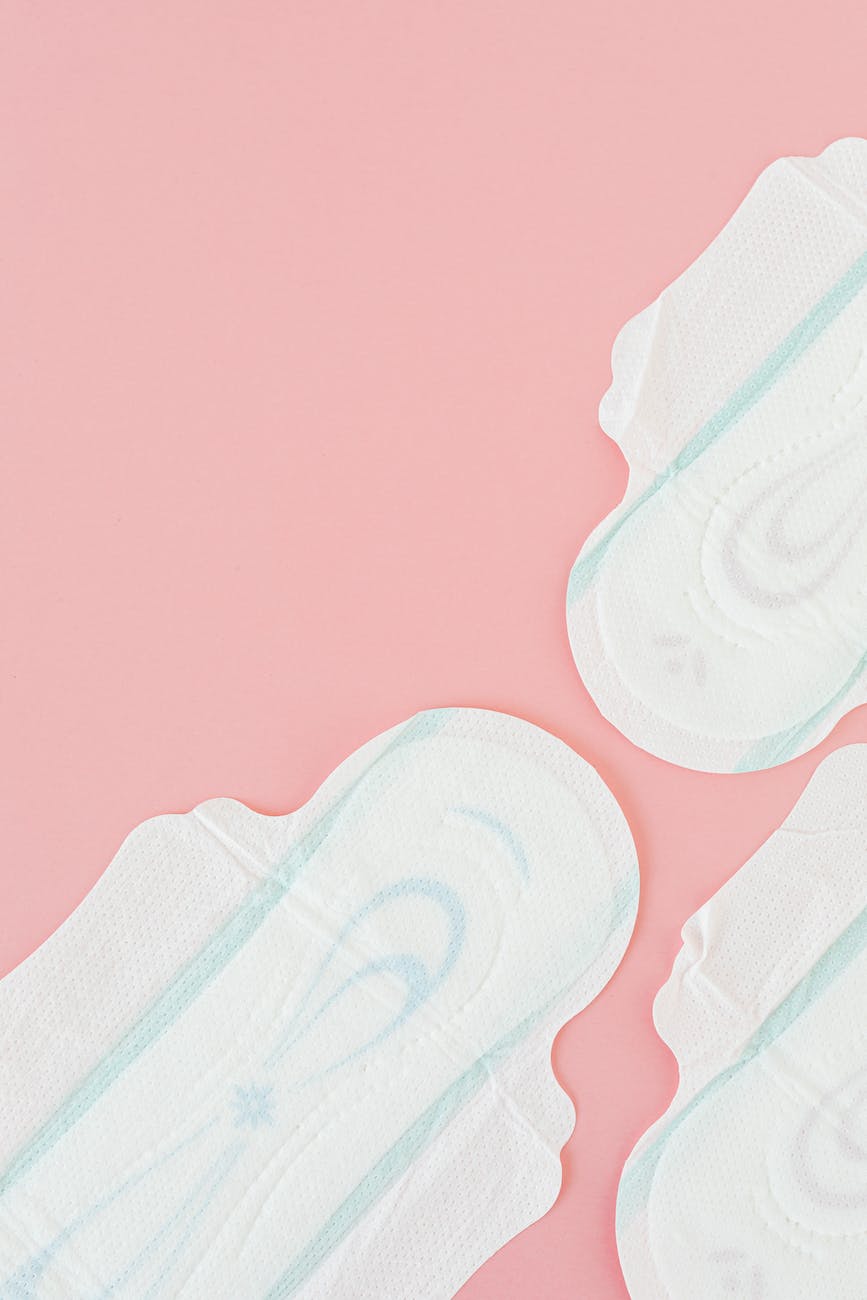
Pads
Seniors often have to deal with problems as they age, and embracing those changes isn’t always easy. Challenges can be as simple as getting up and moving around, but other issues can create more severe consequences. One of the leading common health issues that plague them is urinary incontinence.
Urinary incontinence is the involuntary loss of urine. And unfortunately, seniors can suffer from a few different causes and forms of the problem.
Oftentimes, seniors who begin to experience incontinence are embarrassed or ashamed of the problem. It can wreak havoc on their mental health as well as their physical, causing them to stay inside instead of going out, and even running simple errands can feel like a massive undertaking.
Some may experience just an occasional urine leak or dribble, and some may find they leak urine when sneezing or coughing. Some even experience a lack of bladder and bowel control, so having a bathroom close by is always necessary.
How can leakage problems be managed? Here’s an in-depth review of the causes of urinary leakage problems with seniors and how using incontinence pads can be beneficial.
What Causes Urinary Incontinence in Seniors?
Half of women over the age of 65 experience some type of bladder leakage. Incontinence can be in different forms, and it also stems from various causes, some of which include the following:
- Not drinking enough water
- Childbirth/pregnancy
- Menopause
- Diabetes
- Alzheimer’s
- Stroke
- Constipation
- Enlarged prostate
You should speak with your doctor, urologist, or other healthcare professional about the cause of your incontinence, an accurate diagnosis, and possible treatment options.
Products to help with Senior Urinary Incontinence
Unfortunately, getting to the bathroom on time doesn’t come easily for many seniors. However, there are numerous incontinence products you can get over the counter, and they certainly make life far more manageable, so you don’t have to hide out while waiting for a diagnosis.
Incontinence Pads
One of the best and easiest ways to deal with the problem is with pads. There are plenty of women’s protective pads that are specially designed to be thinner and absorbent. It gives many seniors piece of mind to know that they don’t have to worry about when they are out and about.
Pads made for urinary leaks soak up far more fluids than an ordinary sanitary pad, so don’t confuse the two. They also have a waterproof backing, and these liners and pads can even sometimes be reusable and washable, which provides more sustainability.
Diapers and Underwear
Similar to the incontinence pads or another type you may want to consider, adult diapers and padded underwear are other options for leaks. If you happen to leak a lot of urine, the diapers may be a better fit and comfort than just a pad.
There are plenty of sizes and many of them come with elastic seams so that they fit more snugly and work to prevent leaks. There are even reusable and washable forms of these, just like with the pads, to help save money.
Bed and Chair Pads
Besides pads and underwear, consider investing in some other absorbent pads when dealing with senior incontinence. Underpads are flat, absorbent pads that you can use to protect things like beds, chairs, and other areas where you sit. You can find them in disposable or reusable products.
These pads are meant to pull moisture away from the surface. It helps protect your skin and works far better than having towels or liners you may be using around your home.
Managing Senior Incontinence
Depending on your treatment for incontinence or the type of incontinence you’re dealing with, you can take plenty of other measures to help improve your ability to hold urine.
Seniors can look into incorporating some of the following habits into their daily routines:
- Increase water intake
- Increase fiber intake
- Pelvic floor exercises
- Bladder training
- Decrease caffeine/alcohol
Discussing your options with a medical professional helps determine which steps work best for your treatment and management. Some seniors may need additional help from a nurse or caregiver due to other health concerns or necessary medication, in which case the caregiver can help manage and treat the incontinence.
It is possible you may need medications in combination with some of these habit changes. Even though incontinence is common among seniors, you don’t have to just accept it. There are many simple and effective ways to treat and manage leakage problems to provide a better quality of life.






